A rare unique novel written by a retired Administrative services officer, worth making a handbook for all Government servants…………Nimal Sedera
Wadanambbi Jayasinghe’s novel “Kammale Donkaraya”(Echo of the smithery) is based on the period 1970 t0 1974. The author Jayasinghe takes up duties as the Divisional Revenue officer (DRO) of Kothmale in 1970 .Mr. Jayasinghe relates his story under a created name Tilak Wijesinghe. The author explained to me that every sentence in this novel is true and that they are his experiences. He has replaced original names with others.
The novel begins with the DRO getting in to the jeep at Nuwara-Eliya, Government Agent’s office to proceed to Kothmale. Being a new appointee to the Administrative Service as a graduate from Peradeniya, the youthful DRO arrives in Kothmale with his young wife, a schoolteacher and two children and occupy the government quarters allocated to the DRO.
He outlines the present and the history of Kothmale quite briefly but very effectively in the introductory chapter. Geographically, being located in the Nuwara-eliya District it was mainly under the tea cultivation, but the paddy and mixed cultivations existed . During the time of Sinhala kings, Kothmale was the main smithery in the country that produced the iron tools needed for the agriculture of the country. Further it was the district that produced the weapons like swords, spears for the army of Sri Lankan kings. It is historically proved that the heroic king Dutugemunu visited Kothmale prior to his becoming the provincial king of Ruhuna and planned to supply weapons for his mission of freeing Sri Lanka from the Indian king Elara. The sward king Dutugemunu used in the battlefield was made in a smithery in Kothmale. Further his queen too was a pick from Kothmale. The author traces the history of Kothmale in depth and relates a story of weapons made in Kothmale were sent to the great king Alexander the great when he was advancing to Asia.
Further Kothmale has a great name and fame for producing the best,”Kithul Tricle” and that pride is carried to date. At the time DRO Tilak Wijesinghe assumes duties in Kothmale the new economic plan of the world’s first female Prime minister Mrs Sirimavo Bandaranayake government under a five year plan was being implemented. The sugar import was totally shutdown and topmost priority was given to sugar cultivation to fill the need in the local market for “sugar Hakuru”. Obviously, the kothmale ”Hakuru” was in high demand. The youthful DRO arriving at the Kothmale Divisional office views the plight of the poor peasants and sets his administrative machinery to serve them caringly.
How the DRO meets the Member of Parliament of the area in his official work is a vital point in this novel. The DRO sees no reason to be receive instructions from the Member of Parliament in his duties as his loyalty was to the state through the Government Agent. He refrains from being his stooge and discourages people from bringing letters from the Member of Parliament to get work done from the office. It was the era where the “Hal potha” rice ration book was of prime important.
He shows his staff by action that he is different in his attitude to work. The glaring example is his cleaning the filthy toilet of the office on the second day in office. He meets every person that comes to the office to find out the reasons why such large numbers are coming to office. He gathers facts and then meets his office staff to work together to help the innocent people wasting their time walking miles to the office. He explains to the people not to waste their time going to the MP to get letters ,addressed to him to get their work done from the DRO office. The DRO conducts mobile office in the history of the administrative service of Sri Lanka and take the staff to each village to attend to their needs. This revolution surprises the people.
Then he sets his hand to revolutionise the smithery Industry that was in a pathetic situation. The smithery people were a depressed class of people with low social status. They were shocked with the attitude of the DRO calling them engineers. He soon gets them under one umbrella of an association and get to know the ways to help them grow. He commits find out measures to help them. The smiths gain new life under the new DRO and he becomes their hero. They gain pride in their industry and begin to invent new things to the production range. The climax of this story is the DRO selling his own car to fund the Association specially at a time he needed the car most as his wife was pregnant with the third child. This unbelievable sacrifice of the DRO even shocks his wife.
In the meantime he sets his hand on the “Kithul Hakuru” production and gathers all the kithul tappers into an association and educates them of their vital role in the national economy. He shows the importance of maintaining high quality in hakuru and sustain the name brand of “Kothmale Hakuru”. In order to prevent them from being exploited by the middlemen he fixed a price to purchase the hakuru to the association. It is a stunning experice to read how the DRO himself takes the “Kothmale Hakuru” to the Narahenpta “Jathika pola” to sell. He sells the stuff himself at the pola loudly shouting” Kothmale Hakuru” until such time he arranges the Marketing Department to purchase “Hakuru: at Kothmale.
These heroic acts of the youthful DRO was felt as a threat to his image by the Member of Parliament who works underground to get him transferred out of Kothmale.
It is at this time the Vice president of the world Bank arrived in Sri Lanka. He visits Nuwara Elya too and was impressed of hearing of the work of the DRO Kothmale trying to review traditional industries. On his visit to Nuwara-Eliya the DRO Kothmale was summoned to the meeting at grand Hotel where he met the Government Agent and other key people. The DRO arrives in his casual office dress, the bush shirt and slippers at the meeting. He was surprised when he was called to speak on the two key pet projects of him. The world Bank chief hails his work and offers him a position in the world Bank to travel to third world countries to train them to do what he was doing at Kothmale. Instead of accepting it he turns down the offer saying that” I wish to serve my people until everyone gains financial independence”
Other than these highlights in the story there are several heart touching incidents in the novel to appreciate the role of a committed Government servant. This book is worth being discussed at Administrative forums of Sri Lanka and being gifted to all key officers in the Government service. The beauty of this key character is that how he balances his family life with all this commitment to the administrative service.
The novel was special to me as the historical facts, the political set up in the Nuwaraeliya district are so familiar to me as I too lived in the city of Nuwaraeliya , working at the Tea Research Institute during the period under discussion. As a press and Radio reporter and journalist I had the opportunity to visit Kothmale to write several articles on these projects that attracted the entire country.
Please click here or on the photos below to view the full album of photos on eLanka Facebook page
Please click here or on the photos above to view the full album of photos on eLanka Facebook page


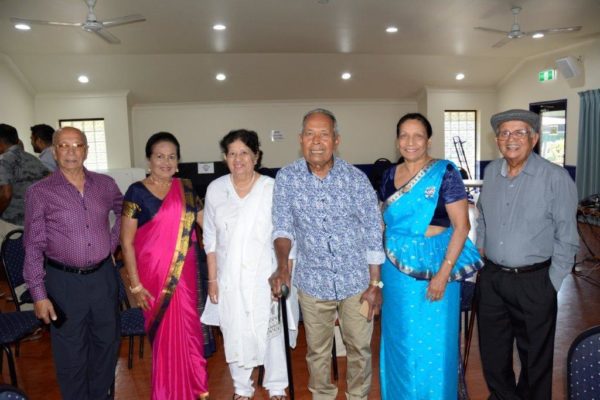
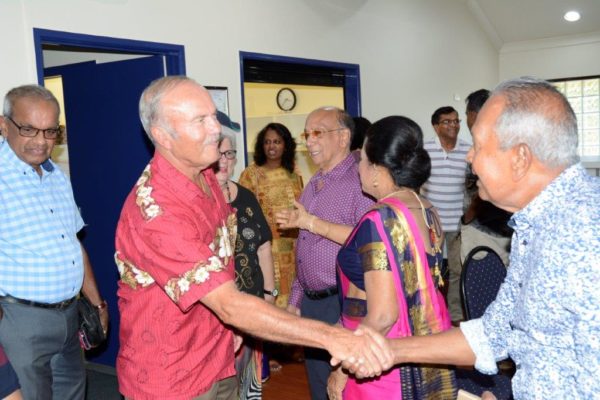
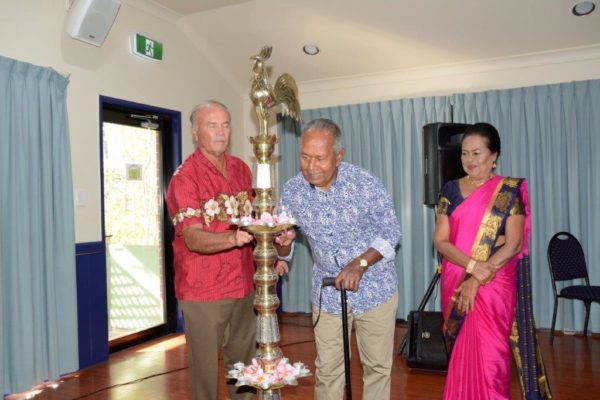
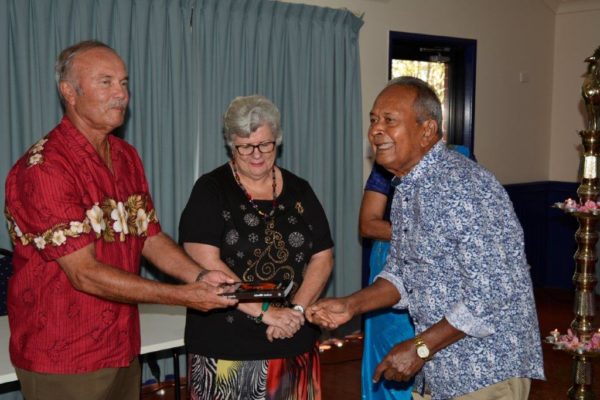
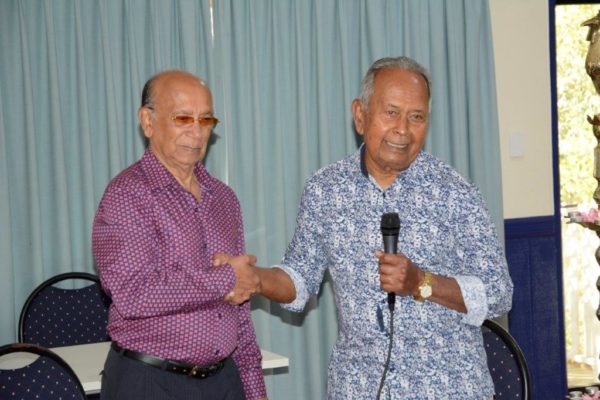






No Comments